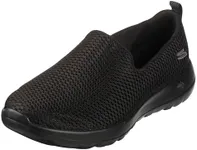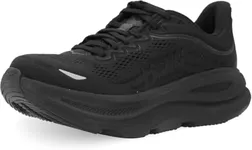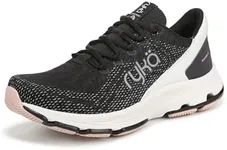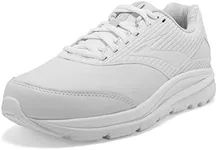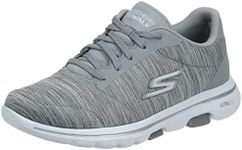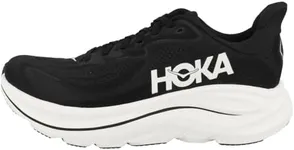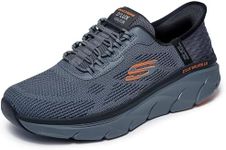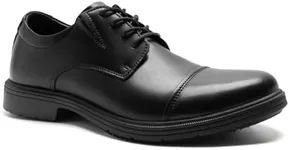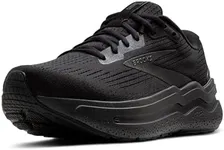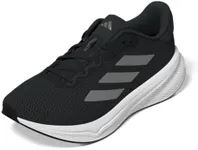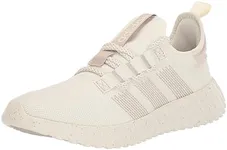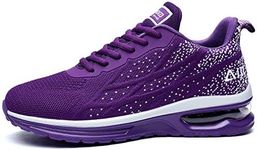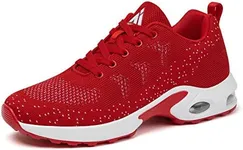Buying Guide for the Best Walking Shoes For Overweight Walkers
Choosing the right walking shoes is crucial, especially for overweight walkers. The right pair of shoes can provide the necessary support, cushioning, and stability to help prevent injuries and make walking more comfortable. When selecting walking shoes, it's important to consider several key specifications to ensure you get the best fit for your needs.CushioningCushioning refers to the padding and shock absorption provided by the shoe. This is particularly important for overweight walkers as it helps to reduce the impact on joints and provides comfort during long walks. Shoes with more cushioning are generally better for those who need extra support. Look for shoes with thick, responsive midsoles made from materials like EVA foam or gel. If you walk on hard surfaces or have joint pain, opt for maximum cushioning. For those who prefer a more natural feel, moderate cushioning might be sufficient.
Arch SupportArch support is the support provided to the arch of your foot, which helps to distribute pressure evenly and maintain proper foot alignment. This is crucial for overweight walkers to prevent overpronation (excessive inward rolling of the foot) and other foot issues. Shoes come with different levels of arch support: low, medium, and high. If you have flat feet or low arches, look for shoes with high arch support. For those with normal arches, medium support is usually adequate. High arches may require shoes with low to medium support and additional cushioning.
StabilityStability in walking shoes refers to the shoe's ability to keep your foot in a neutral position and prevent excessive movement. This is important for overweight walkers to avoid injuries and maintain balance. Stability shoes often have features like a firm heel counter and a wider base. If you have a tendency to overpronate, look for shoes labeled as stability or motion control. For those with a neutral gait, regular stability shoes should suffice. If you supinate (roll outward), you might need shoes with more cushioning and less stability features.
DurabilityDurability refers to how long the shoes will last before they need to be replaced. Overweight walkers put more stress on their shoes, so it's important to choose a pair that can withstand this extra wear and tear. Look for shoes made with high-quality materials and reinforced stitching. Shoes with durable outsoles, such as those made from rubber, tend to last longer. If you walk frequently or on rough terrain, prioritize durability to ensure your shoes provide long-lasting support.
FitFit is how well the shoe conforms to the shape of your foot. A proper fit is essential to prevent blisters, discomfort, and other foot problems. Overweight walkers should pay special attention to the width and length of the shoe. Make sure there is enough room in the toe box to wiggle your toes, and that the shoe fits snugly around the heel without slipping. Try on shoes at the end of the day when your feet are at their largest, and consider wearing the socks you plan to walk in to ensure an accurate fit.
BreathabilityBreathability refers to how well the shoe allows air to circulate, keeping your feet cool and dry. This is important for overweight walkers to prevent excessive sweating and discomfort. Shoes with mesh uppers or ventilation holes are typically more breathable. If you walk in hot climates or tend to have sweaty feet, prioritize shoes with good breathability. For those walking in cooler or wetter conditions, you might opt for shoes with a balance of breathability and water resistance.
